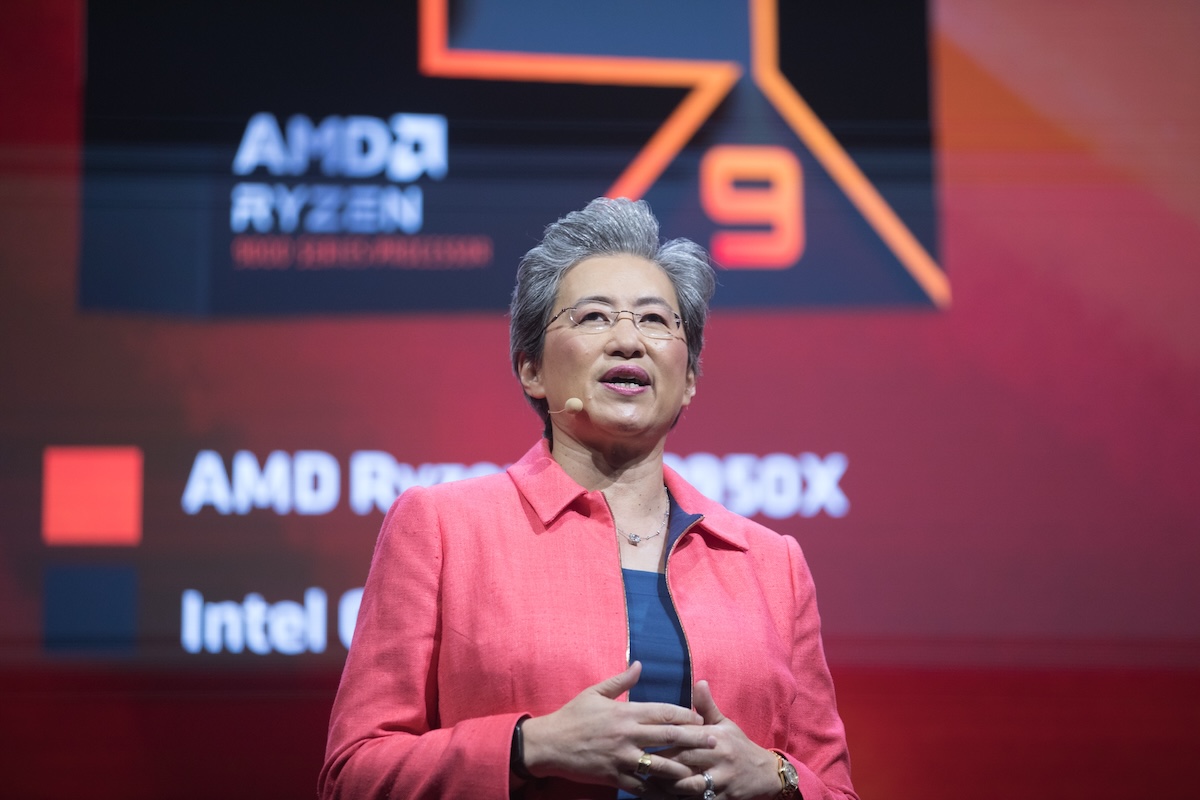
U.S. Commerce Secretary Howard Lutnick says the Trump administration is wrapping up an investigation into whether America’s heavy reliance on imported semiconductors poses a national security risk.
Speaking to reporters on Sunday, Lutnick said the White House will release its findings “in the next couple weeks.” The administration is also reviewing whether depending on foreign pharmaceuticals represents a similar security threat.
The effort to rebuild domestic chip manufacturing didn’t start with Trump.
The Biden administration’s CHIPS Act, passed with bipartisan support, pumped billions into reshoring semiconductor production. But cost concerns have loomed large as chipmakers push into U.S. manufacturing.
AMD’s (AMD) CEO Lisa Su told Bloomberg’s Ed Ludlow last week that chips made at Taiwan Semiconductor Manufacturing Co.’s (TSM) Arizona plant cost the company “more than 5% but less than 20%” above what it pays for the same chips from TSMC’s Taiwan facilities.
Nevertheless, Su said it’s a price AMD is willing to pay.
“We have to consider the resiliency of the supply chain,” she said. “We learned during the pandemic that you can’t just think about lowest cost. It’s about reliability, resiliency. That’s how we’re thinking about U.S. manufacturing.”
The real cost of U.S. chipmaking
Before the tariffs, industry insiders have often exaggerated how expensive it would be to build chips in the U.S.
TechInsights analyst G. Dan Hutcheson crunched the numbers using the Semiconductor Manufacturing Economics’ Strategic Cost and Price Model, developed by Scotten Jones.
The analysis found it costs TSMC less than 10% more to produce a 300mm wafer in Arizona than in Taiwan. Hutcheson says many people make mistakes when they assume labor costs are the main driver.
While U.S. labor is about 200% more expensive than in Taiwan, “that’s a head fake because today’s fabs are so automated.” Labor accounts for less than 2% of total manufacturing costs, he noted.
Su chimed in with the same messaget, telling Bloomberg that despite higher chip prices, it’s “a very good investment” to secure American manufacturing capacity and supply chain strength.
That bet seems to be paying off. TSMC’s Arizona fab is already sold out through late 2027, according to CEO C.C. Wei, suggesting demand for U.S.-made chips isn’t slowing.
AMD’s stock has jumped 43.5% year to date and 23.8% over the past 12 months. TSMC has rallied 20.9% this year and 49.6% over the same period, suggesting investors aren’t spooked by the higher U.S. costs.
Your email address will not be published. Required fields are markedmarked